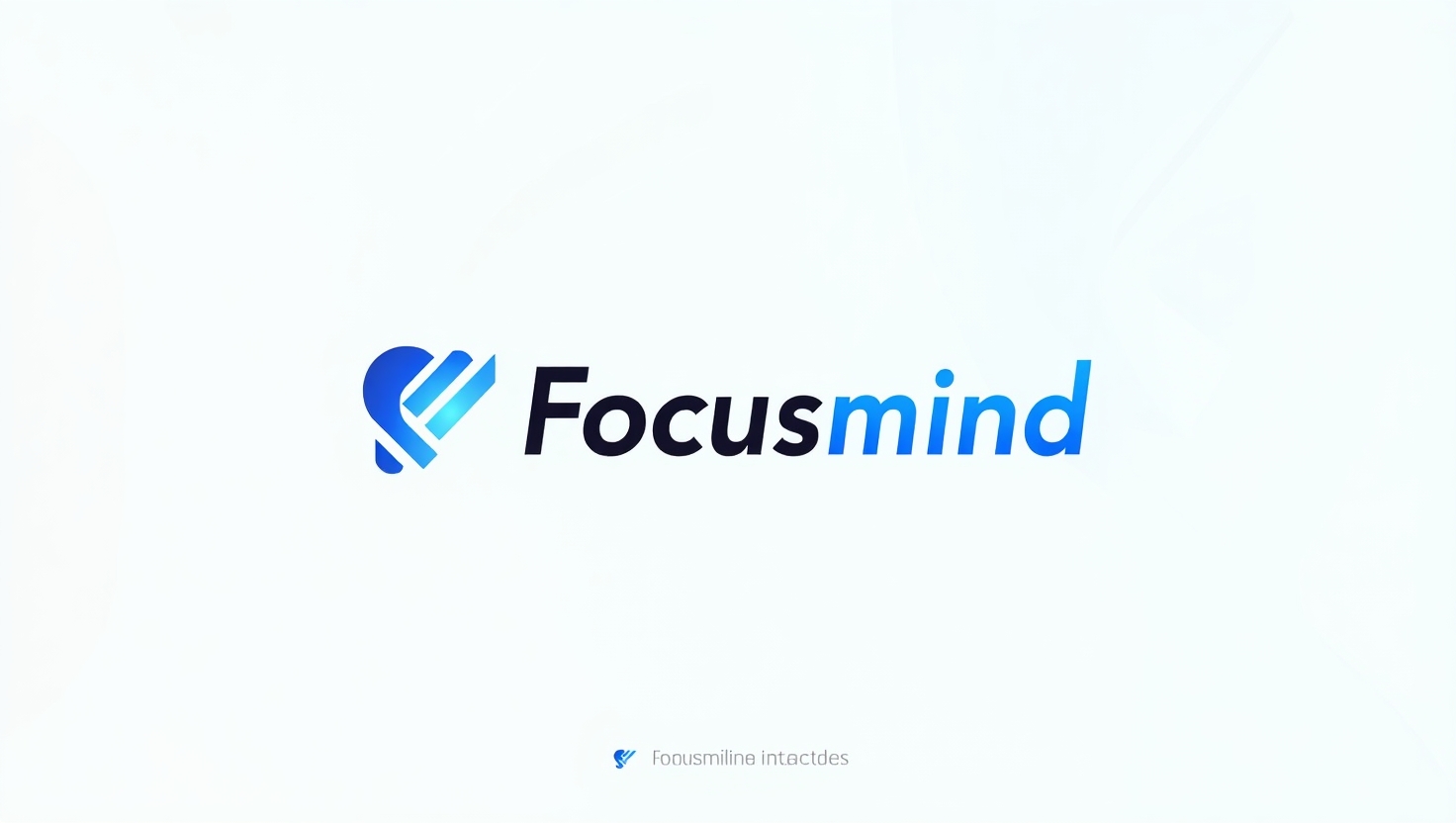Now Reading: 15 Proven Strategies to Improve Focus and Concentration
1
-
01
15 Proven Strategies to Improve Focus and Concentration
15 Proven Strategies to Improve Focus and Concentration
15 Proven Strategies to Improve Focus and Concentration: A Guide to Deep Work
In today’s digital age, maintaining focus on a single task is a challenge for most of us. But developing the ability to focus deeply can transform your productivity and help you achieve your goals faster. Whether you’re a student, professional, or creative, here are 15 actionable strategies to focus on a task effectively and deeply.

Key Highlights and Scientific Reasons Behind These Methods
- Start with a Clear and Specific Goal
- Scientific Reason: Clear goals activate the brain’s prefrontal cortex, improving focus and decision-making. A specific target provides a dopamine boost upon accomplishment, motivating further efforts.
- Break Your Task into Smaller Chunks
- Scientific Reason: The brain processes small, manageable tasks more efficiently due to chunking, a cognitive process that reduces mental load and prevents overwhelm.
- Create a Distraction-Free Zone
- Scientific Reason: External distractions trigger the amygdala, creating stress and reducing cognitive capacity. A focused environment keeps the brain in a calmer, more productive state.
- Leverage the Power of Meditation
- Scientific Reason: Meditation enhances activity in the anterior cingulate cortex and default mode network, areas responsible for focus and emotional regulation. It also reduces the stress hormone cortisol, improving mental clarity.
- Practice the Pomodoro Technique
- Scientific Reason: Regular breaks prevent decision fatigue and maintain high levels of mental energy by resetting the brain’s focus mechanisms.
- Prioritize Your Health
- Scientific Reason: A well-nourished brain with proper hydration and sleep has better synaptic plasticity, which supports memory and focus.
- Set a Focus-Friendly Routine
- Scientific Reason: Habits rely on neuroplasticity, where repeated actions strengthen neural pathways, making focus easier over time.
- Practice Deep Work
- Scientific Reason: Deep work enhances the brain’s ability to access the flow state, where optimal performance and creativity occur.
- Use Visualization Techniques
- Scientific Reason: Visualization activates the reticular activating system (RAS), which prioritizes attention to what you mentally rehearse.
- Reward Yourself
- Scientific Reason: Rewards release dopamine, reinforcing the behavior of focus and increasing motivation for similar tasks.
- Avoid Multitasking
- Scientific Reason: Multitasking reduces efficiency because the brain’s prefrontal cortex can only focus on one task at a time, leading to cognitive switching penalties.
- Manage Your Energy Levels
- Scientific Reason: The brain works optimally when the body’s circadian rhythm is aligned with energy peaks, maximizing focus during those times.
- Use Anchors or Rituals for Focus
- Scientific Reason: Rituals prime the brain by creating associative triggers, activating focus-related neural pathways.
- Practice Gratitude and Self-Compassion
- Scientific Reason: Gratitude activates the brain’s reward system and reduces stress, fostering better focus and resilience.
- Reflect and Adjust Regularly
- Scientific Reason: Reflection activates the prefrontal cortex, which helps refine strategies for focus and productivity.
1. Start with a Clear and Specific Goal
- Why it works: A clear goal gives your brain a roadmap.
- How to apply: Define what you want to accomplish in a single session.
Example: Instead of saying, “I will study physics today,” say, “I will solve 10 numerical problems on thermodynamics in the next 2 hours.”
2. Break Your Task into Smaller Chunks
- Why it works: Tackling smaller tasks feels less overwhelming.
- How to apply: Divide large tasks into manageable steps.
Example: Writing a blog post? Start with an outline, then write the introduction, and so on.
3. Create a Distraction-Free Zone
- Why it works: Fewer distractions mean better focus.
- How to apply:
- Turn off notifications.
- Use apps like Forest or Focus@Will to block interruptions.
Example: While working, put your phone in another room and keep only essential tools nearby.

4. Leverage the Power of Meditation
- Why it works: Meditation trains your mind to resist distractions and focus on the present.
- How to apply:
- Spend 5–10 minutes daily on mindfulness meditation.
- Focus on your breath or a calming word.
Example: Apps like Headspace, Calm, or YouTube-guided meditations can help beginners.
5. Practice the Pomodoro Technique
- Why it works: Short focus intervals followed by breaks keep your mind fresh.
- How to apply: Work for 25 minutes, then take a 5-minute break. Repeat 4 times, then take a longer break.
Example: Use Pomodoro timers like Marinara Timer or apps like Focus Keeper.
6. Prioritize Your Health
- Why it works: A healthy body supports a sharp mind.
- How to apply:
- Eat brain-friendly foods like nuts, dark chocolate, and berries.
- Stay hydrated and get 7–8 hours of sleep daily.
Example: Start your day with a glass of water and a protein-rich breakfast like eggs or oatmeal.
7. Set a Focus-Friendly Routine
- Why it works: Repetition helps condition your brain for focus.
- How to apply:
- Work at the same time every day.
- Begin with a small ritual, like organizing your desk or lighting a candle.
Example: If you study best in the morning, make it a habit to start at 9 AM sharp daily.
8. Practice Deep Work
- Why it works: Deep work sessions train your brain to operate at peak focus levels.
- How to apply:
- Dedicate 1–2 hours for uninterrupted work on challenging tasks.
- Inform others not to disturb you during this time.
Example: Use your peak productivity hours, usually early morning or late evening, for deep work.
9. Use Visualization Techniques
- Why it works: Visualizing success can boost motivation.
- How to apply:
- Close your eyes and imagine completing your task with confidence.
Example: Before a presentation, visualize yourself speaking clearly and confidently to an engaged audience.
- Close your eyes and imagine completing your task with confidence.
10. Reward Yourself
- Why it works: Rewards motivate your brain to repeat focused behavior.
- How to apply:
- Set a reward for completing each milestone.
Example: After finishing a chapter, treat yourself to your favorite snack or 15 minutes of a fun YouTube video.
- Set a reward for completing each milestone.
11. Avoid Multitasking
- Why it works: Multitasking reduces efficiency and increases errors.
- How to apply: Focus on one task at a time.
Example: If you’re editing a video, avoid checking your phone or emails simultaneously.
12. Manage Your Energy Levels
- Why it works: Energy, not time, determines how productive you are.
- How to apply:
- Work on high-priority tasks when your energy is at its peak.
Example: If you feel more alert after exercise, schedule important tasks during that period.
- Work on high-priority tasks when your energy is at its peak.
13. Use Anchors or Rituals for Focus
- Why it works: Rituals signal your brain to get into focus mode.
- How to apply:
- Use calming music, aromatherapy, or specific lighting.
Example: Play soft instrumental music to signal the start of a work session.
- Use calming music, aromatherapy, or specific lighting.
14. Practice Gratitude and Self-Compassion
- Why it works: A positive mindset enhances focus.
- How to apply:
- Take a moment to appreciate your progress, even if it’s small.
- Avoid self-criticism for losing focus occasionally.
Example: At the end of the day, write down three things you accomplished.
15. Reflect and Adjust Regularly
- Why it works: Reflection helps you identify what works and what doesn’t.
- How to apply:
- Spend 5 minutes each evening evaluating your day.
- Plan improvements for the next day.
Example: If social media distracted you, consider installing an app blocker tomorrow.
Key Takeaways
- Focusing deeply is a skill anyone can develop with practice and patience.
- Start small: implement 2–3 strategies today and gradually add more.
- Combine physical, mental, and environmental tweaks for maximum effect.
Deep focus can transform how you work, study, and create. By following these 15 strategies, you can train your mind to stay centered and achieve your goals more effectively.
Do you use any of these techniques? Share your experiences in the comments!
Stay Informed With the Latest & Most Important News
Previous Post
Next Post
Loading Next Post...
Popular Now
-
 01Top Tips to Stay Motivated and Avoid Burnout While Working Remotely
01Top Tips to Stay Motivated and Avoid Burnout While Working Remotely -
 02How to Pose People Who Are Not Models for Natural and Authentic Portraits
02How to Pose People Who Are Not Models for Natural and Authentic Portraits -
 03New Study Reveals Simple Lifestyle Changes Linked to Longer Life
03New Study Reveals Simple Lifestyle Changes Linked to Longer Life -
 04Foods Recommended by Doctors to Boost Your Immune System Naturally
04Foods Recommended by Doctors to Boost Your Immune System Naturally -
 05Smartphone Hacks Everyone Needs to Know to Extend Battery Life
05Smartphone Hacks Everyone Needs to Know to Extend Battery Life -
 06Travel Experts Predict Top Destinations to Shape 2024 Tourism
06Travel Experts Predict Top Destinations to Shape 2024 Tourism -
 07Global Markets Rebound as Inflation Worries Ease for Investors
07Global Markets Rebound as Inflation Worries Ease for Investors
Scroll to Top


















